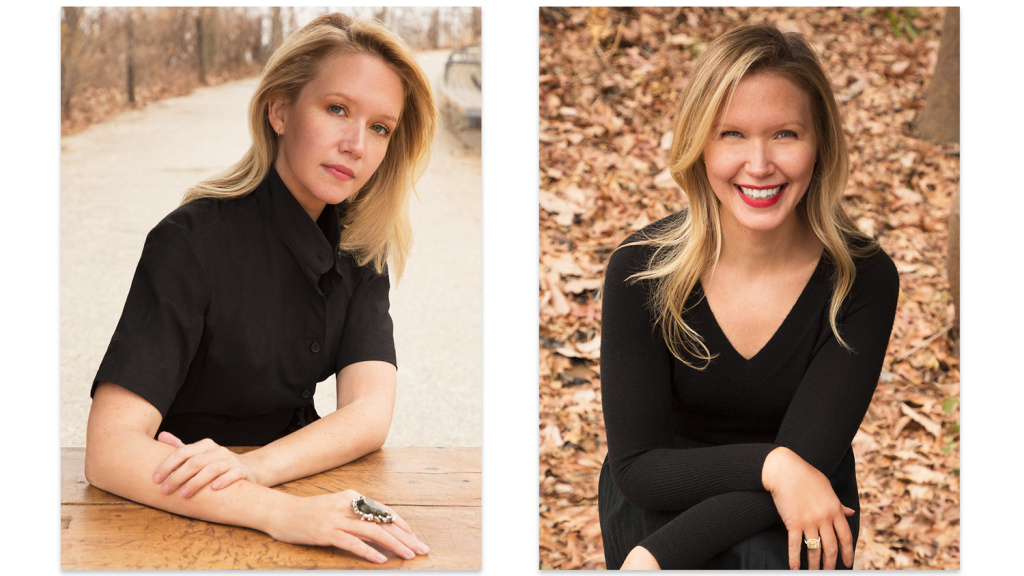“Disruption” has become the rallying cry du jour for every business from gyms to jewelers trying to stand out in this ever-saturated world of splashy slogans and Instagram insanity. But twin sisters Dawn and Sam Goldworm, who founded the bespoke fragrance company 12.29, believe there’s a better way to capture the attention of consumers: through scent.
Though 12.29’s fragrances aren’t sold in stores, you’ve likely smelled them before: in a boutique or hotel lobby, on the tissue paper in your shopping bag, or even on an item of clothing you’re thinking of buying. The theory, unbeknownst to you, is that scent—the olfactory connection that conjures up memories and emotions before the blink of an eye—can influence your mood, drawing you in first with your nose, then your eyes, and eventually your wallet. But does it work?
Dawn, 12.29’s creative director and in-house nose, believes it does. With more than a decade of fragrance creation for brands like Avon and Coty under her belt (not to mention a graduate degree in the growing discipline of olfactive branding), she knows well the power that scent can have over us.
“Before we’re born, our sense of smell is fully developed,” Dawn explains. “Once we’re born, it helps us understand and comprehend the entire world in which we live.” And it continues well into adulthood. A fragrance can be powerful enough to conjure up myriad emotions, whether it’s the scent of your former lover’s perfume or a spice you first tasted on an exotic holiday. And while visuals are easily forgotten, olfactory experiences create memories that last forever.
It’s no surprise then that such a powerful link to our innermost thoughts and feelings would become a marketing gold mine for brands eager to break through the barrage of advertising that consumers endure on a daily basis. Since founding 12.29 in 2009, the Goldworms have worked with some of the world’s top luxury brands, including Cadillac, Valentino, Nike, and Thompson Hotels. But their business is more than simply producing a pleasant scent in the hopes that it will put consumers in a money-spending mood.
“It has nothing to do with smell,” says Dawn. “The scent is a translation of the brand that incorporates my research on olfactive preferences and how consumers respond to scent on a generational, cultural, [and] environmental basis. It’s a lot of research—and a little bit of magic.”
For the fashion label Valentino, that translation was “Effortless Grace,” an olfactive representation of the brand’s signature red color comprised of a variety of rose notes, delicate hints of citrus and jasmine, and a sensual leather base. The fragrance is used in all of Valentino’s stores, runway shows, showrooms, and events around the world, creating a consistent environment at all branded spaces.
For Harrods, 12.29 was commissioned to scent the iconic department store’s Christmas floor. “We didn’t make it smell like cinnamon or spices,” recalls Dawn. “We created a theme based on sitting in a country house, wrapped in a cashmere blanket on an old leather chair, sitting in front of a fire with a glass of Cognac.” The fragrance, which was diffused throughout the shop floor and even into the wrapping paper for every purchase, is a prime example of how scent offers a powerful physical experience that can’t be replicated with online shopping.
12.29’s take on emotional marketing has struck a chord with not just retail and fashion brands, but also other industries like financial institutions and luxury real estate (the Goldworms provide fragrances for upward of 50 residential buildings alone). And this spring, the company will take the power of scent online with a new digital platform called Scent Studio, which will use an algorithm to replicate Dawn’s process of creating an “olfactive brand.” Whether the new venture’s fragrances will succeed in convincing consumers to take out their wallets remains to be seen but one thing’s for sure: 12.29 is what the future looks—and smells—like.
Source: How the Fragrance Experts at 12.29 Are Influencing Luxury Consumers – Robb Report













